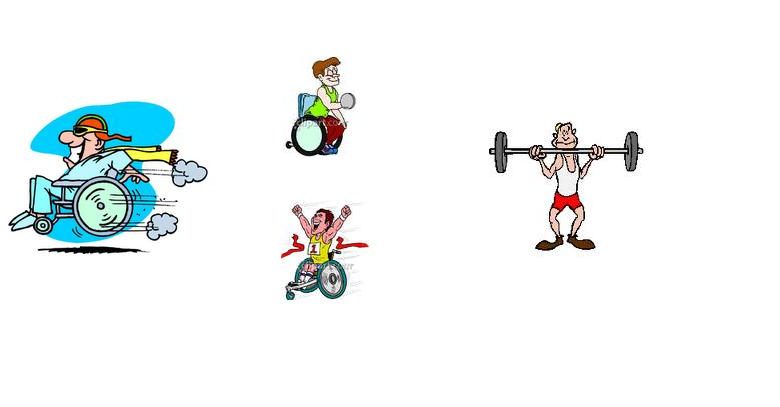
Stand up! But what if you can’t?
‘Get Up! Sitting less can add years to your life’! This headline caught my 1 eye and made me think: as a full-time wheelchair user for the last thirty five years, I wondered if I should be worried, and what on earth I could do about it.
Sitting, they say, can shorten life expectancy almost as much as smoking can – all you smoking, TV watching wheelchair users out there take heed – you’re doomed to an early grave!
Now, this isn’t going to be a finger wagging piece that tells you to get more activity in your daily life, eat more healthily, get enough sleep (but not too much!), don’t smoke, maintain social networks and start meditating, although this is undoubtedly good advice and I’ve had it all over the last two years since my heart attack. And may I just say that some bits are easier to follow than others, believe me.
No, what this is about is firstly what does this ‘stand up’ exhortation mean for us wheelchair users? And secondly, putting standing aside, post Paralympics how good are the facilities to support our efforts to get more exercise?
In a way, I think the first is easiest to deal with – some wheelchair users can stand, and maybe walk short distances, so as long as they balance the inevitable fatigue with the physical benefits of being upright, then they’ve got an advantage over those of us who simply cannot weight-bear and stand up.
As for us, well, we may have a couple of options …
Last year Claire Lomas,, a full time wheelchair user, became the first person to complete the London Marathon wearing an exoskeleton suit. These suits, sometimes powered, have been described as ways to stand, walk, and exercise if you can’t normally, and there’s no doubt they bring health benefits.
However, for most people, they’re not an affordable solution, costing anywhere between £50,000 and £100,000. Can you imagine the fundraising, or the applications to the CCG?
Or how about a wheelchair that ‘stands you up’? Type ‘standing wheelchairs’ into Google and many websites and companies come up, all describing the range of health benefits from being able to assume a standing position. So if they’re so good for us, how come we don’t get them prescribed?
So, ‘standing up’ may be an option, but it’s not very affordable.
So, putting standing to one side, how easy is it for disabled people to access exercise facilities post-Paralympics, and how many of us do it? The English Federation for Disability Sport (EFDS) estimate that only two in ten disabled people in England are active.
EFDS is doing much good work to improve both the number of people participating in exercise and the quality of their experience, including working with local clubs to be more inclusive, and providing inclusive fitness gym – click the link to find one in your area.
But my nearest inclusive fitness gym is about four miles from home, not easily accessible, and I live in a major urban area. And although I was an international swimmer in my younger days, accessing public and private pools locally (i.e. within that four mile radius) is now more effort than the actual swim!
Furthermore, after my heart attack I was encouraged to do gentle exercise, increasing both
effort and duration as I could. I found that I was the only wheelchair user accessing the cardio rehab facility which – though staffed by extremely helpful people – only offered me one activity.
So, standing, or sitting, skiing or swimming, there remain huge hurdles to disabled people’s efforts to be fit and active. This piece has unashamedly been about wheelchair users, but the access issues are much wider and there are barriers to the participation of a wide range of disabled people in sport and physical activity, including more mainstream rehabilitation activity.
Do you take part in sport or physical activity? How accessible are your local facilities? What are the barriers, if any? Why not let us know?
Check out…
• New blade: my catapult into a new life
• Choosing a wheelchair for sporting activities
• A guide to cycling with special needs
Do you do any exercise or take part in a sport? We’d love to hear your story, so get in touch by messaging us on Facebook, tweeting us @DHorizons, emailing us at editor@disabilityhorizons.com or leaving your comments below.